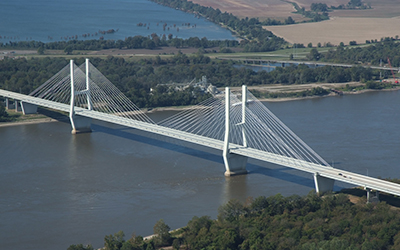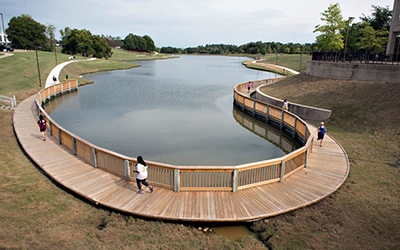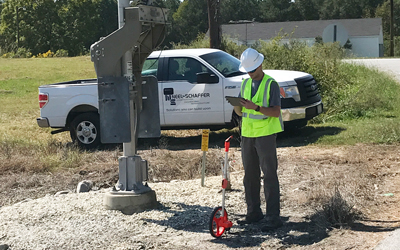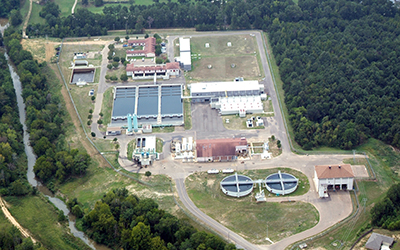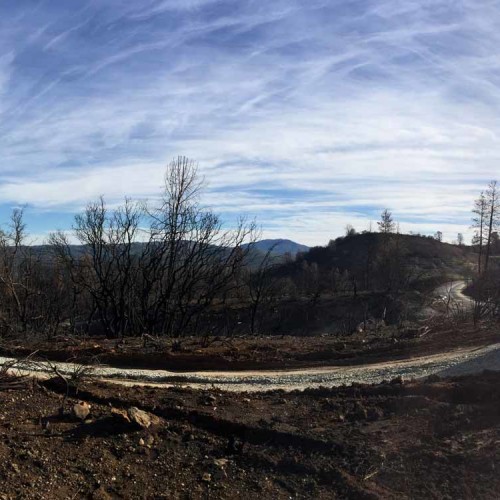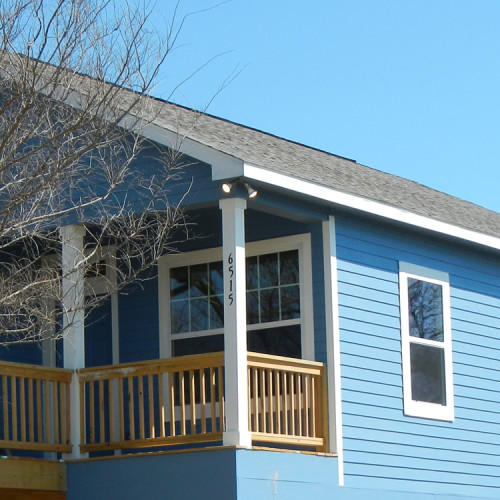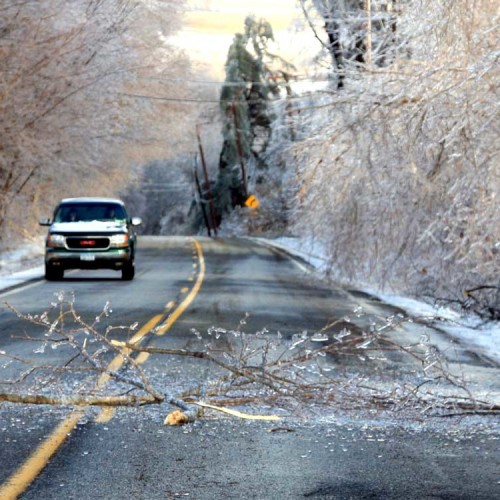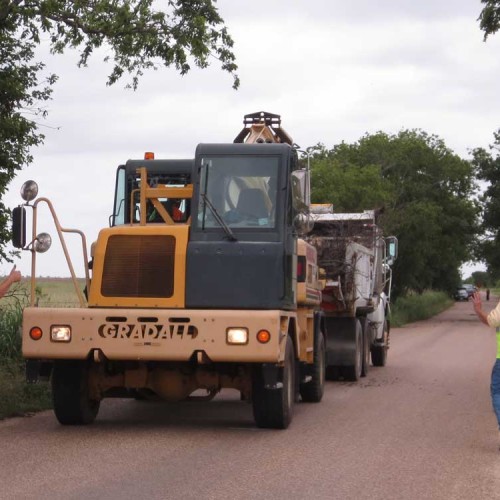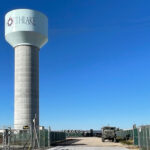Neel-Schaffer helps clients recover from disasters such as tornadoes, hurricanes, windstorms, wildfires, and floods through True North Emergency Management, a wholly owned subsidiary of Neel-Schaffer Engineers and Planners that was founded in 2010.
Neel-Schaffer’s many years of experience in acquiring federal and state disaster reimbursements has helped clients receive full reimbursement on all completed and audited contracts. True North was born out of the disaster recovery and debris monitoring work Neel-Schaffer did from 2005-2010 on the Mississippi Gulf Coast following the devastation wrought when Hurricane Katrina struck on August 29, 2005.
From experienced staff and support systems, to equipment and staging sites, True North helps clients prepare with comprehensive emergency planning, and assists with the restoration of critical infrastructure after disaster strikes.
Led by Nelson Lucius, PE, True North can provide the organization and management of “all-hazards” plans, as well as resources and personnel and plans to deal with emergencies. True North works with each client to develop a plan that engages the actions of governmental entities, along with private response organizations within the community.
True North is committed to responding within hours after a disaster, providing experienced personnel for plan implementation, project tracking and documentation. This quick response allows local government officials to focus on critical life-sustaining functions. True North and parent company Neel-Schaffer have strong relationships with local, state, and federal authorities, and we thoroughly understand the FEMA reimbursement process.
Preparedness
- Comprehensive all-hazards state and local emergency management
planning, including solid waste management. - Comprehensive planning in building disaster-resistant communities.
- Training in the National Incident Management Systems (NIMS), damage assessment for public infrastructure and impact on individuals and Emergency Operation Centers (EOC) procedures.
- Hazard Identification and Risk Assessment (HIRA).
- Pre-event contracts for debris management.
Response
- Disaster management teams are on-site before a planned
event or within 12 hours after occurrence. - Comprehensive debris management that includes emergency debris removal, debris estimation, debris contracting and monitoring, disposal site contracting and permitting.
- Damage assessments for infrastructure (public assistance) and
human services (individual assistance). - Emergency Operation Center (EOC) staffing augmentation.
Recovery
- Comprehensive debris management, including monitoring of debris removal and disposal. This includes vegetation, construction, vehicles, wet debris and special and/or hazardous waste management.
- Debris removal from private property; including management of the right-of-entry process, wet debris and vehicle and boat removal. Staffing augmentation for assistance with disaster management and recovery programs.
- Management of the Public Assistance Program, including assistance in oversight and development of project worksheets, project design, project management and FEMA reimbursements.
- Assistance in disaster housing, including emergency permitting, land-use agreements and assessment and monitoring of housing needs. This may also include temporary, transitional and long-term housing.
- Hazard Identification and Risk Assessment (HIRA).
Mitigation
- Developing state and local hazard mitigation plans.
- Retro-fitting and improving infrastructure and critical
facilities for improved disaster resistance. - Managing hazard mitigation projects, including oversight and FEMA reimbursement.

